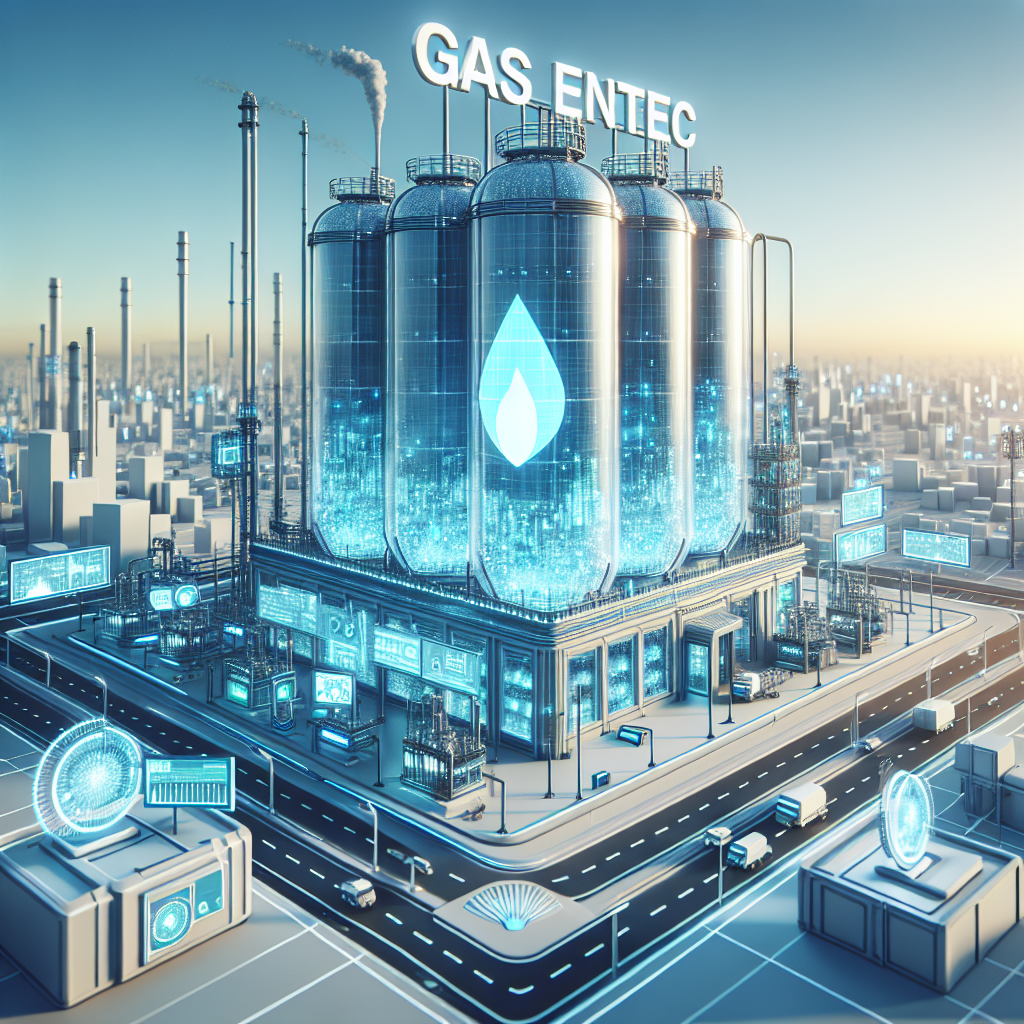Complicated Gas Dynamics: Europe's Energy Dilemma
European reliance on Russian gas faces challenges as the transit agreement via Ukraine nears expiry. Talks between Putin and Fico highlight Slovakia's concerns, especially with implications for Slovakia, Italy, Austria, and the Czech Republic. Gazprom's alternate TurkStream pipeline offers relief, but geopolitical tensions linger, complicating future agreements.

The European energy landscape faces complexity as negotiations between Russia and Ukraine over a critical gas transit agreement approach an impasse. The five-year transit deal is set to expire at year's end, with significant implications for several European nations, including Slovakia, Italy, Austria, and the Czech Republic.
During recent talks, Slovak Prime Minister Robert Fico expressed concern to Russian President Vladimir Putin about gas supplies post-agreement. Though Gazprom's TurkStream pipeline offers some respite, the political tensions remain high. Putin reportedly assured Slovakia of continued supplies, but Fico noted practical difficulties if the agreement crumbles without a resolution.
Ukrainian President Volodymyr Zelenskiy proposed a conditional renewal, suggesting payments to Russia should be deferred until after the conflict ceases. However, the likelihood of Russian acquiescence remains slim, according to Kremlin spokesman Dmitry Peskov. As such, Europe's energy dependency on Russia is a pressing issue warranting urgent diplomatic attention.
(With inputs from agencies.)
- READ MORE ON:
- Russia
- Ukraine
- gas transit
- Europe
- energy
- Putin
- Fico
- Zelenskiy
- Gazprom
- TurkStream
ALSO READ
Gujarat's Green Energy Summit: A Bold Step Towards Self-Reliance
Himachal's Energy Challenge: Water Evaporation, Cloudbursts, and Power Potential
India Positions Farmers as Clean-Energy Producers at Global Renewable Energy Dialogue
With innovative ideas, energy and purpose, Yuva Shakti is at the forefront of nation-building: PM Modiat VBYLD.
Adani Energy: Powering India's Future with Expanding Transmission Network










